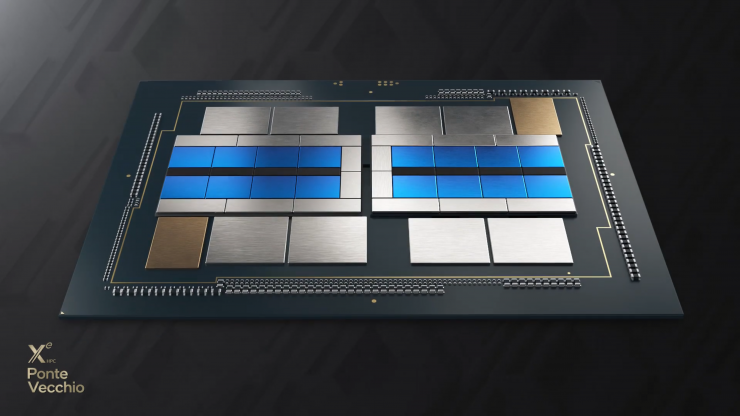ARM already has the supercomputer crown:
“Fugaku is powered by ARM A64FX chips, of which it has 7,630,848 cores. When tested against the HPL supercomputing benchmark, it set a world record of 442 petaflops, and against the high-performance computing artificial intelligence workload (HPC-AI) benchmark it maxed out at 2.0 exaflops, beating the previous record (also held by Fugaku) of 1.4 exaflops set in June 2020. According to Top 500, Fugaku's HPC-AI benchmark was "the first benchmark measurements above one exaflop for any precision on any type of hardware."
And Amazon AWS are using their ARM based gravitron processors:
” WS Graviton2 processors deliver a major leap in performance and capabilities over first-generation AWS Graviton processors. They power Amazon EC2 general purpose (M6g, M6gd, T4g), compute optimized (C6g, C6gd, C6gn), and memory optimized (R6g, R6gd, X2gd) instances, that provide up to 40% better price performance over comparable current generation x86-based instances for a wide variety of workloads, including application servers, micro-services, high-performance computing, CPU-based machine learning inference, video encoding, electronic design automation, gaming, open-source databases, and in-memory caches. They deliver 7x more performance, 4x more compute cores, 5x faster memory, and 2x larger caches.”


